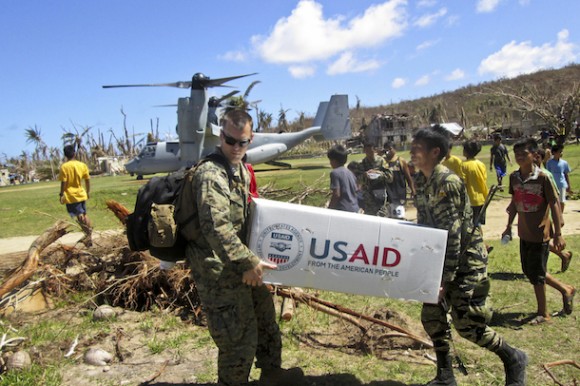
Despite Obama’s promise in last week’s State of the Union address that he will veto any bill that heaps additional sanctions on Iran while the interim agreement is still in place, hawks in the House of Representatives are still pushing for it.
Indeed, a mixture of hawkish Republicans and Democrats in Congress are aligned with AIPAC and Israeli Prime Minister Benjamin Netanyahu in their belief that the interim deal reached with Iran in the P5+1 talks in Geneva is tantamount to appeasement and will inevitably lead to a nuclear-armed Iran.
The Washington Post‘s Jennifer Rubin is criticizing the Obama administration for not wanting to preventively bomb Iran. Richard Grenell at Fox News argues the interim agreement is too favorable to Iran, “allowing the Islamic Republic to forego full and verified suspension before negotiations even begin.”
President Obama and his team caved further to the Iranians by agreeing to a deal that rewarded sanctions relief and other benefits without getting any actions from Iran first.
In trusting the Iranians to stop their secret enrichment activities and come clean to the IAEA inspectors at a later date, Obama shows his naivety.
I suppose I was the naive one, considering I actually believed such obviously false statements couldn’t possibly be published at FoxNews.com.
The argument that Iran got sanctions relief without any curbs on its nuclear program is so baseless as to be laughable. Jessica Tuchman Matthews of the Carnegie Endowment for International Peace explains:





